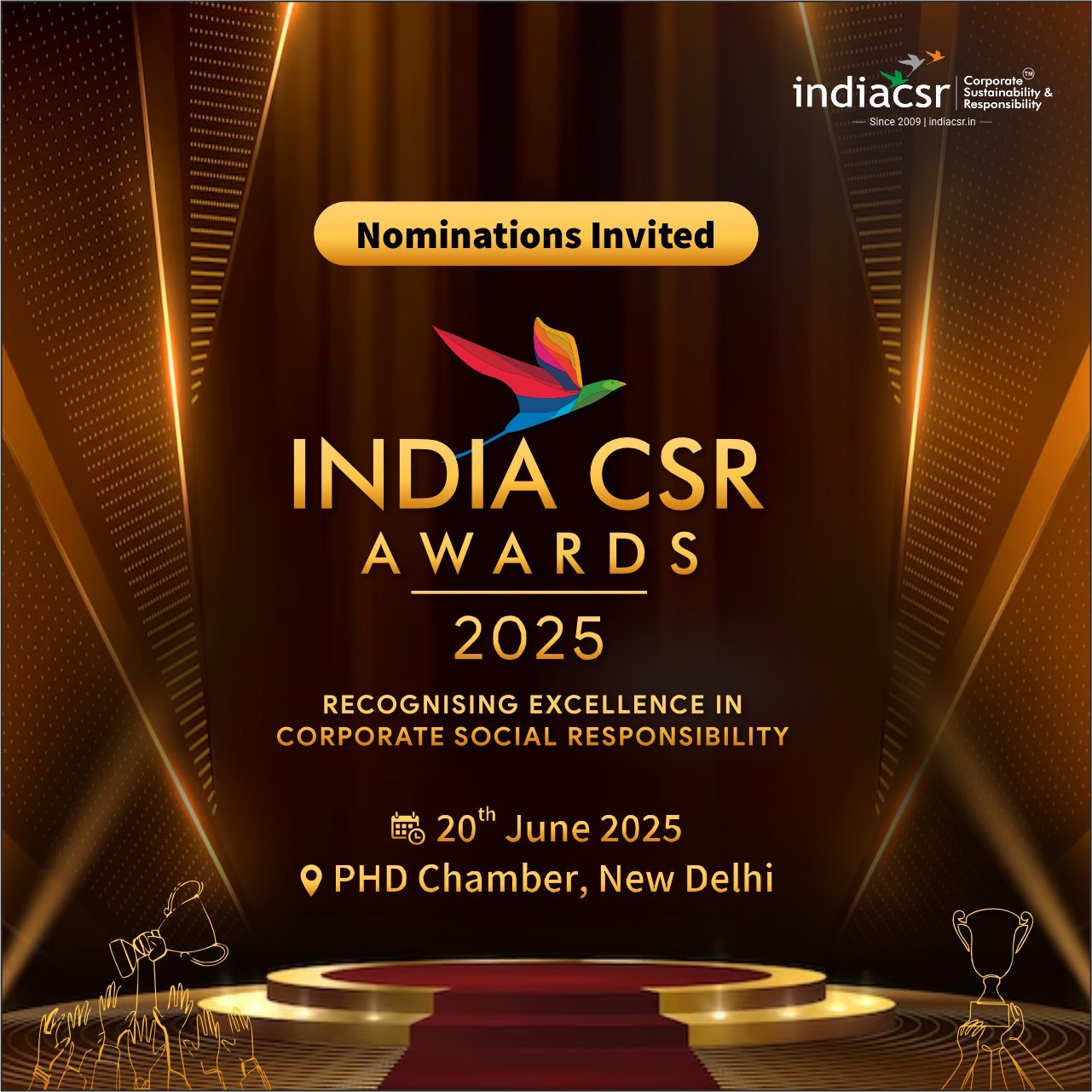By Prof Colin Coulson-Thomas
Some people define sustainability in terms of enabling existing operations, growth and development to continue. For others, sustainability is living within the boundaries of what is possible given the finite resources of our planet. Reconciling the two requires transformational leadership.
The Vedas: Environmental Wisdom
The Vedas highlight the importance of environmental protection and ecological balance. They encourage the planting of trees and living in harmony with nature rather than its exploitation. They portray mankind as an element of nature rather than above it.
Ancient Guidance: The Puranas
The Puranas also advise conduct to prevent atmospheric and water pollution. Despite this Indian ancient wisdom and its warnings about tampering with the environment, the scientific consensus is that human activity contributes to global warming.
Beyond Incremental Change: A Call for Transformation
Addressing climate change requires more than incremental adjustment. If sustainable lifestyles are to occur in both developing countries and the developed world, business, economic and social transformation are required.
Embracing Transformational Leadership
Many organisations need to operate differently and move more quickly. Boards making steady progress need to step up, provide transformational leadership, and embrace new models of organisation and business, and different strategies, methods of finance and forms of governance.
Overcoming Resistance to Change
Many committed and well intentioned directors are comfortable with current practices. They feel successful, live well and consider they are doing a good job. Will they make the required transition?
Seizing Opportunities: The Slow Pace of Change
For most of my working life there have been a variety of options for transforming organisations, supply chains and how we operate. They can have a beneficial impact upon the environment and reduce some of the drivers of climate change.
The Need for Environmental Leadership
To provide environmental leadership, boards need to encourage diversity, challenge and creativity. They have to release potential, support innovation and inspire and enable entrepreneurship.
Harnessing Technology for Change
Many so called disruptive technologies are not new. They are only disruptive for the complacent, unaware and idle. The alert, imaginative and energetic see them as enabling technologies.
The Importance of Knowledge Application
Knowing something does not mean that it will be used to transform how a company is organised, operates and creates value. Impact depends upon how knowledge is used and for what purpose.
Embracing Innovation: Overcoming Inertia
In the 1980s I encountered a rich diversity in terms of how, when, where and with whom one could work, learn and acquire. It seemed that traffic jams and their associated pollution would soon be reduced.
Challenging Outdated Business Models
More recently, UK retail chains have announced store closures and a desire for voluntary agreements with their creditors. Their CEOs and directors cite changing purchasing habits such as buying on-line as the reason for their discomfort.
Leading Towards Sustainability
Many boards follow rather than lead. They hope that something will turn up. Boards should inspire and make things happen.
Reimagining Business Practices
Scientific and technological developments allow us to change aspects of the natural world and create new forms of basic life. They can also give rise to moral and ethical dilemmas.
A Call for Courageous Leadership
Many companies excel at what they do today. Will their boards have the courage to call time on profitable activities that make unsustainable demands on natural resources?
Encouraging Innovative Thinking
What could your company do differently that would benefit the environment? Answers to such questions are often constrained by experience of current practices.
Catalyzing Transformational Leadership
If transformational leadership is required but is not being provided, we need to kick start the process. How can we get directors who feel they have arrived to realize that they have not yet started to provide the leadership we need to address environmental issues and the challenge of climate change? What should we do differently tomorrow as a result of what we learn today?
About the author
Prof. (Dr) Colin Coulson-Thomas, President of the Institute of Management Services, has helped directors in over 40 countries to improve director, board and corporate performance. In addition to directorships he leads the International Governance Initiative of the Order of St Lazarus, is Director-General, IOD India, UK and Europe, chair of United Learning’s Risk and Audit Committee, Chancellor and a Professorial Fellow at the School for the Creative Arts, Honorary Professor at the Aston India Foundation for Applied Research, a Distinguished Professor at the Sri Sharada Institute of Indian Management-Research, Visiting Professor of Direction and Leadership at Lincoln International Business School, and a member of the advisory boards of Bridges of Sports and the Arvind Foundation, and ACCA’s Governance, Risk and Performance Global Forum.
You may also like:
- Karma Yoga Management: Hiring & Firing
- How Cryptocurrencies Could Empower India’s Vulnerable
- Meat of the matter: Protein, health and social media
- Building a Team of Heroes at Samagra, Join Us
- Is Climate Change Behind these Extreme Global Heatwaves?
📢 Partner with India CSR
Are you looking to publish high-quality blogs or insert relevant backlinks on a leading CSR and sustainability platform? India CSR welcomes business and corporate partnership proposals for guest posting, sponsored content, and contextual link insertions in existing or new articles. Reach our highly engaged audience of business leaders, CSR professionals, NGOs, and policy influencers.
📩 Contact us at: biz@indiacsr.in
🌐 Visit: www.indiacsr.in
Let’s collaborate to amplify your brand’s impact in the CSR and ESG ecosystem.






























